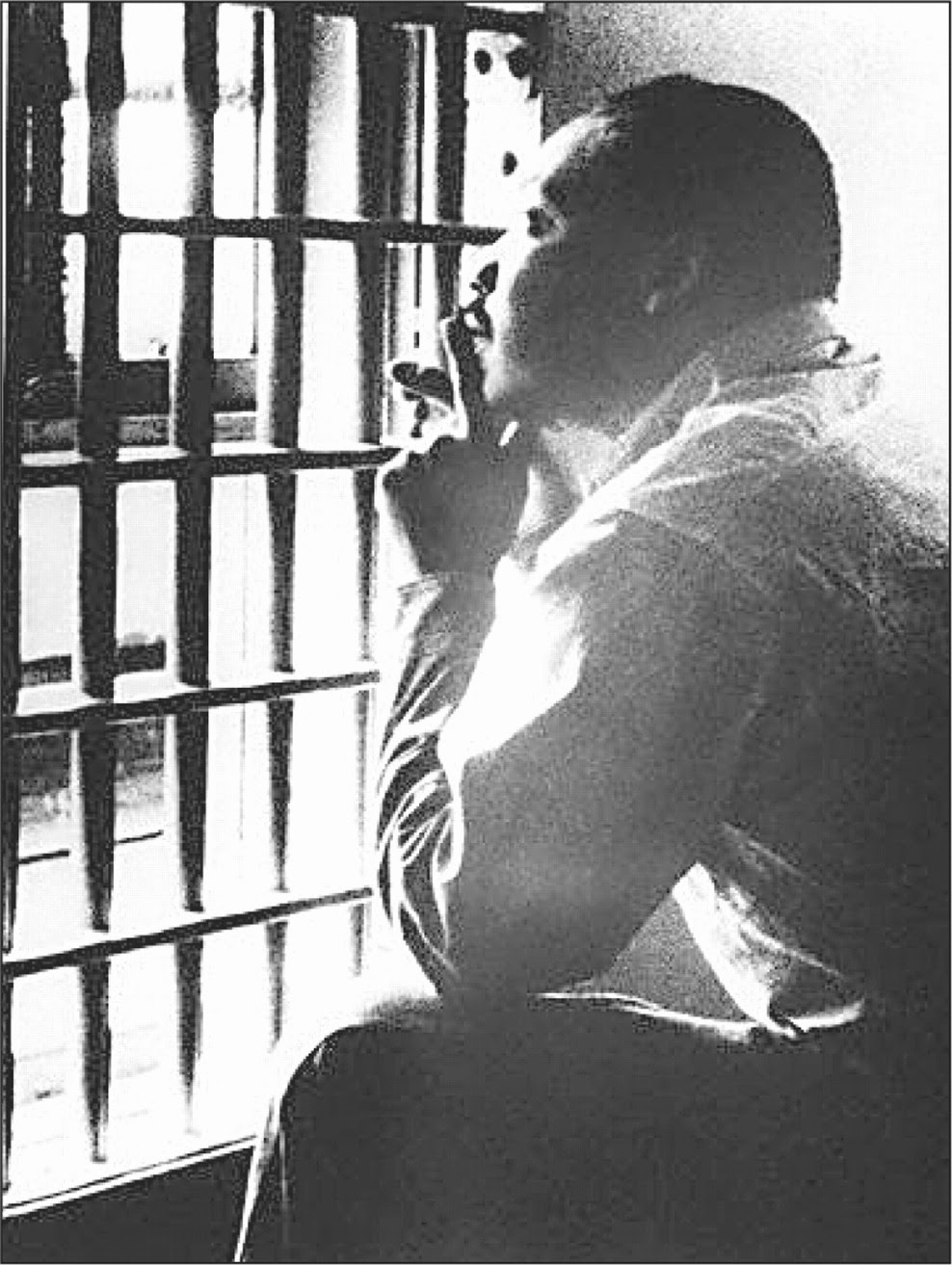“On the 14th
of June, 1775, the Continental Congress, facing actual war, issued its first
call for troops. It is interesting
to note the class of men to which America turned in her hour of extreme peril.
Congress, having resolved itself into a committee of the whole, decided thus:
Resolved, That
six companies of expert riflemen, be immediately raised in Pennsylvania, two
in Maryland, and two in Virginia; that each company consist of a captain, three
lieutenants,
four Serjeants, four Corporals, a Drummer or Trumpeter, and sixty-eight Privates.
That
each Company, as soon as completed, shall march and join the Army near Boston,
to be
there employed as Light Infantry, under the command of the chief Officer in
that Army.
Such was the
beginning of the United States Army; for these were the first troops ever
levied on this continent by the authority of the central Government. On the
following day George Washington was appointed Commander in Chief.
It may seem
strange that the first men called into service should be those furthest from
the scene and hardest to reach, the nomadic hunters on the frontier. When
hostilities were so imminent (Gage was already penned up in Boston, and Bunker
Hill was but three days off), why did Congress send hundreds of miles into the
wilderness, when the seaboard towns were alive with men eager to enlist?
…the action
was due to a subtler policy than appears on the surface, and that it was
suggested by the only man in Congress who knew the backwoodsman like a brother;
who had marched with them, camped with them, fought side by side with them – by
Washington himself. It was plain enough that a corps of these incomparable
sharpshooters, hardy, indomitable, experienced in war, would be the right stuff
to meet British Regulars. But there was another and a deeper motive which
impelled Congress at this critical hour to hazard the delay of sending for the
mountaineers…
The colonies
at this time were still separated by petty jealousies and local pride. Cavalier
mocked at Puritan, and Knickerbocker mistrusted both. Would these discordant
elements act together when the supreme hour arrived? Would Virginia strike
hands with Massachusetts? Would Pennsylvania fraternize with Connecticut and
Maryland? Granting that war was
inevitable, it was above all else essential that this continental army have a
nucleus that was not provincial , but American.
Where, then,
were these Americans to be found?
As a
surveyor in the back country, as scout and diplomat on his long midwinter march
through the wilderness to the French outpost in the Ohio country, and
especially with his Virginians in Braddock’s fatal expedition, Washington had
formed the acquaintance of a set of men whose like was to be found nowhere on
earth. These were the hunters, Indian fighters, pioneers of the Alleghenies… far
in the interior there dwelt and roamed a class of men who remembered no
fatherland but the wilderness they trod. Their food was won with the rifle, and
their shelter was with the axe. Procuring everything they wanted from the
forest with their own hands, they asked nothing of civilization, and never were
in debt.
Here were
Americans. Original in all things, they were not to be confounded with this or
that province, or with any European race. Their freedom needed no proclamation;
it showed in every movement and looked straight from their eyes.
We see,
then, the significance of Washington’s fondness for the hunting shirt [he ordered 10,000 for his new troops]. It was an emblem of liberty, which never
in history of man was worn by enslaved people. It was distinctive. It meant: We are Americans.
And when
Congress drew its first levies from the backwoods, it was not alone to secure
the services of the finest marksmen living[1].
Something more was sought. It was the moral effect, upon the camp at Cambridge,
of independence typified by flesh and blood, clad in American Garb, and
wielding an American weapon…
As the
riflemen moved swiftly toward Cambridge, there was rejoicing along the line of
March. The brothers Bradford,
printers of Philadelphia, wrote to a London publisher:
‘This
province has raised 1000 riflemen, the worst of whom will put a ball into a
man’s head at the distance of 150-200 yards, therefore advise your officers who
shall hereafter come to America to settle their affairs in England before their
departure.” (London Chronicle, August
17-19, 1775, p. 174)…’”[2]
"To
Washington, who desperately needed to keep the British from attacking during
the ammunition crisis, the arrival of the riflemen was an answer to a prayer.
They brought with them not only their rifles but a fierce reputation as
fighting men." (Harrington, Patriot Riflemen, 2000)
[1] The frontier troops’
marksmanship with their American made long rifles became legendary, as they
could, to a man, shoot an orange at 100 yards. The Virginia Gazette of July 25,
1775 carried an article claiming that so many riflemen had volunteered for the
rifle companies that a shooting test was required to weed down the numbers. It
was claimed that the judges chalked a drawing of a human nose on a board and
sixty men were said to have riddled the mark from 150 yards away.
[2] This blog post is an excerpt from
John G. W. Dillin, “The Kentucky Rife” (Washington D. C., 1924). pp. 77-83.







